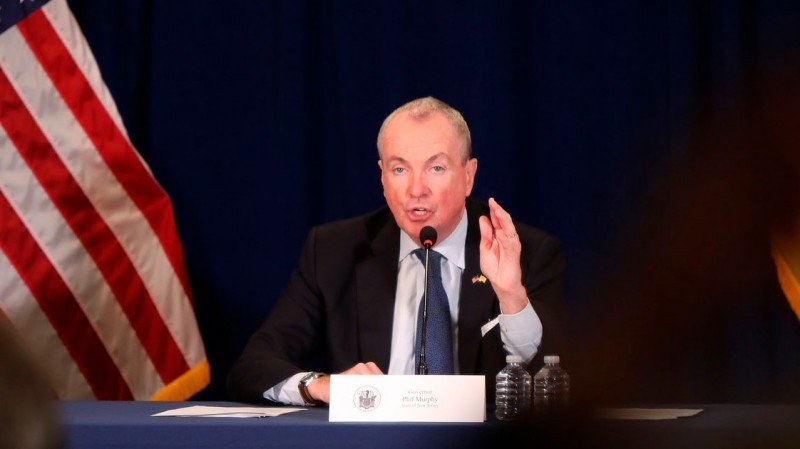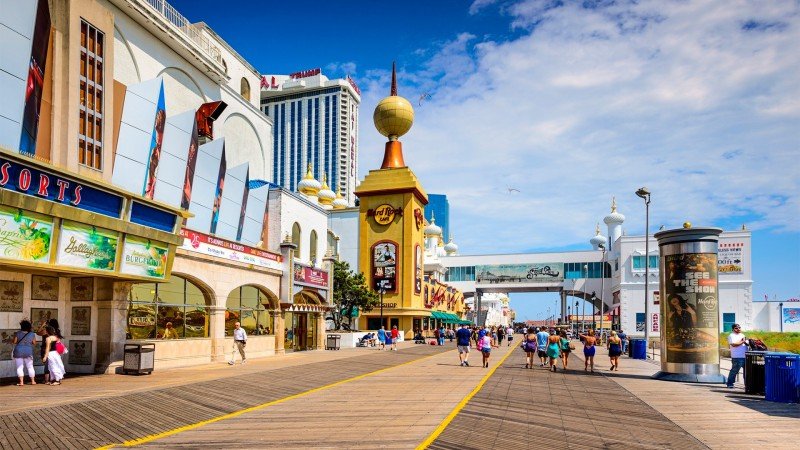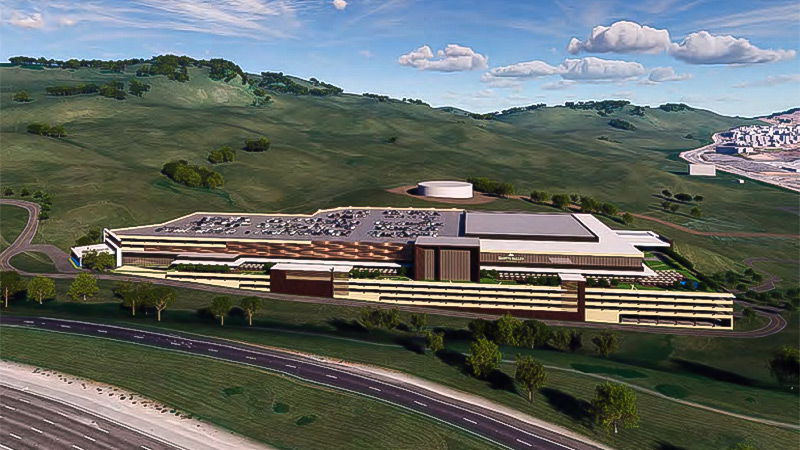New Jersey Gov. Murphy signs casino tax break into law; Atlantic County set to sue

New Jersey Gov. Phil Murphy has signed the casino PILOT bill into law, which gives tax relief to Atlantic City’s casinos by removing sports and online gaming revenues -the two fastest-growing verticals in the state’s casino industry- from the calculation of their payments in lieu of taxes.
On Monday, Murphy said the approach and direction of the PILOT bill “are all good by me,” reports The Press of Atlantic City. The bill passed the state Legislature shortly before midnight that day. It makes changes to a 2016 law which requires the nine casinos to make PILOT payments to Atlantic City, Atlantic County and the city’s school system.
However, Murphy’s signature may lead to a legal dispute: Atlantic County Executive Dennis Levinson said the county would file a lawsuit if the Gov. signed the bill. “We are going to sue for what we have coming to us, we’re in the process,” Levinson warned. “It’s just flat out unfair.”

According to Levinson, the new PILOT arrangement would give the county about $5 million to $7 million less in 2022 than it would receive under the original bill. The county shares in the portion of the PILOT based on gross gaming revenues, but does not share in other parts of the agreement related to the investment alternative taxes paid by the casinos.
The IATs go mainly to the city and Casino Reinvestment Development Authority. They are expected to rise more than the basic PILOT, the cited source further claims, and are based on 1.5% of land-based casino revenues and 2.5% of online gaming revenues.
The new PILOT bill has been the source of much controversy throughout the last weeks. The Casino Association of New Jersey, along with the main casino workers’ union in the state, have both claimed the legislation will protect thousands of jobs and provide market stability.
As we rebuild & recover from COVID-19, we must remain focused on preserving the stability of #AC’s economy. The proposed S4007 amendments to the PILOT are essential to #AC & Atlantic County’s stabilization. Read more in @ThePressofAC from CANJ's Joe Lupo 👇https://t.co/Xjc0MoTQfC
— Casino Association of NJ (@CasinosNJ) December 6, 2021
Outgoing Senate President Steve Sweeney, who sponsored the bill, also defended the need for the PILOT legislation, stating as many as four of Atlantic City’s nine casinos would be in danger of closing should the bill not be signed into law. However, opponents of the bill claim no evidence for the statement has been offered, and no casino has publicly made that claim.
Atlantic County, now positioned for a legal battle, sued over the constitutionality of the original PILOT bill, signed into law in 2016 and, in 2018, settled the case for specific percentages based on the original PILOT details. Levinson says the new bill violates the settlement.
The new bill is intended to help casinos recover from the coronavirus pandemic by reducing increases in payments in lieu of property taxes, which would occur should the bill not be passed. Casinos, however, say they would still pay more in taxes than this year, even if the bill is enacted: they will collectively pay about $10 million to $15 million more. Without it, payments are due to rise by 50%.
Revenue figures reported by the state month by month show that casinos are recovering from 2020. What’s more, certain venues seem to also do better when compared to the pre-pandemic year of 2019. However, casinos say those figures paint a distorted picture of their true financial condition by including money from internet gambling and sports betting.
Money from iGaming and sports betting are included in reports without taking into account revenue in these two streams must be shared with third-party providers, including technology platforms and sportsbooks.
Casinos argue that, despite certain verticals and operations now having returned to normalcy, in-person wagering is still down significantly from 2019. While the two newest casinos in the state -Hard Rock and Ocean- have posted in-person revenue up since 2019, the seven other casinos are down a collective 22%, according to data from NJ’s casino association.

















































